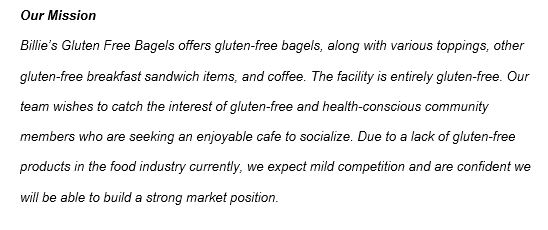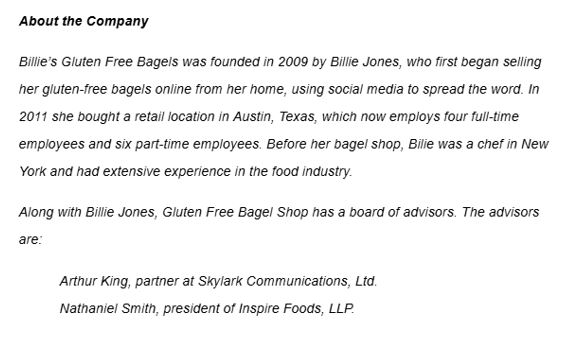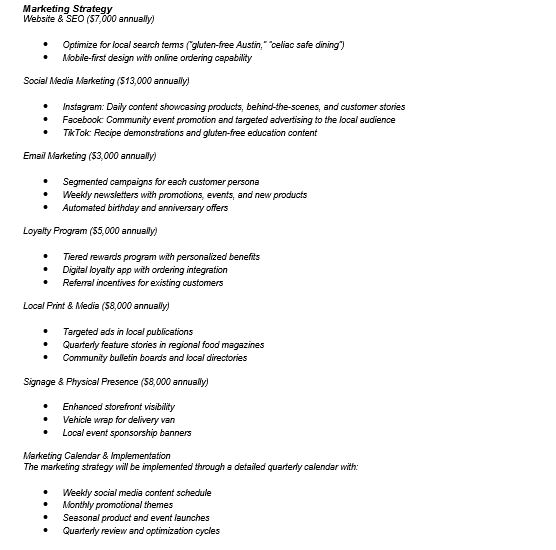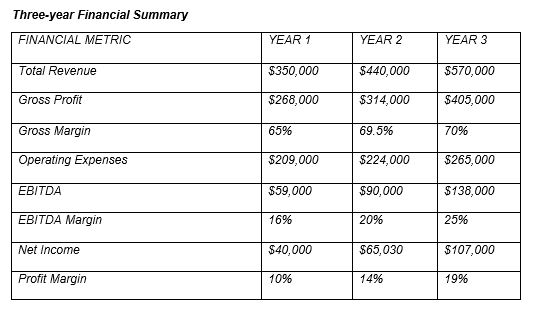If you wish to be an entrepreneur, you will likely be told to make a business plan. Despite having great innovative ideas, many fail to execute their ideas effectively. The reason behind the failure is a lack of an effective business plan. This document helps in giving direction to ideas and solidifying visions. Business plans are important not just for new businesses but also for already existing ones. It is a necessary roadmap for determining how an organization will be structured, run, and grow. Without it, ideas cannot be materialized effectively.
What is a Business Plan
A business plan is a document that elaborates on how your business will function. It provides a comprehensive summary of the structure, milestones, future goals, and overall financial performance. It is the best way to introduce your company and explain how your plan will succeed. This document also includes descriptions of products and services you offer, the target markets, and promotional strategies. A good plan is supposed to guide the readers through each stage of the beginning and management of the business.
Why is it Important
Business plans are important for every organization before the foundations for it are even laid. Having an elaborate plan turns ideas into action. Prior planning is proven to increase the likelihood of growth and improved performance. This document is also helpful in pointing out any potential risks your company might be vulnerable to, so you can prepare for challenges beforehand.
A business plan also gives a clear and comprehensive explanation of the target market, enabling brands to determine how to connect with their audience. Business plans are used to persuade potential collaborators to invest in your organization, securing funds for further operation. Apart from this, business plans also attract talented individuals by explaining why they should join your organization. When revised regularly, this document helps in staying ahead in the industry and achieving goals.
Types of Business Plans
Startup Plans Business Plans
This type of plan is for presenting new ideas and executing them. Startup business plans focus on setting their ideas apart from the rest from those of competitors. Additionally, these plans include details of how brands plan to secure funds. This could also contain a request for financial assistance to keep the company going. If you are facing difficulty deciding what kind of plan your firm needs, business plan writing services Canada can help you with that.
Internal Business Plans
These plans are written for use within the organization. It allows sharing of goals, strategies, and performance with stakeholders. This plan can also consist of a roadmap for employees of the organization to follow. Internal use plans guide operation, ensure alignment amongst teams, and help in reaching milestones.
Strategic Business Plans
A plan that is also used within organizations. This type contains long-term business goals that a startup plan often tends to miss out on. A strategic plan defines long-term goals a business wishes to achieve, along with how it will achieve them. It can be revised regularly depending on the company’s progress.
Business Acquisition Plans
When companies expand by acquisition or repositioning, they require added structure and support. This kind of plan elaborates on a brand’s acquisition strategy. In this section, details about how the acquisition happened and how the brand aims to reshape itself to integrate the acquisition are included.
Growth Plans
Business growth plans are effective in measuring progress. They create a roadmap with specific growth goals. This type of plan can help teams direct their attention to short-term growth goals and utilize resources accordingly.
Now that you know what business plans are important for and their types, you can move on to the next step, making your own business plan! Here are the key components of an effective plan, along with examples for you to have a clearer idea of how to write yours!
Examples for You to Write an Effective Business Plan
Executive Summary
One of the most important parts of a business plan is the executive summary. This section lays down the foundation for the document. It contains details of the company’s future goals, a vision statement, and a value proposition. This section gives readers a clear idea of what the company does and the potential it has for success. Although it is written at the end of the writing process, it is placed at the beginning of the document. Here is an example of a clear executive summary:

Company Description
This is a brief section that is going to detail your establishment’s name, the number of years it has been operating for and what it offers. You can even add the core values of your brand and a history of your journey. A company description’s purpose is to familiarize your readers with your brand compellingly and concisely. This section explains what makes your brand unique, setting it apart from the others in the industry. A company description helps inform investors, potential collaborators, and employees about the benefits you provide to your customers as a brand. Below is an example of a company description for a business plan:

Market Analysis
This section is going to include research about the demand and supply, and targeted consumers. Market analysis points out gaps in the industry’s markets and explains how you wish to fill them. Market analysis also gives an overview of the competitive landscape as well as industry trends. You can do a detailed SWOT analysis and add it to your plan. This section primarily addresses the need for your brand and the growth potential. You can also include the market size, ongoing trends, gap in the market, and how you aim to fill it. Here’s an example of a comprehensive market analysis:

Marketing Plan
A business plan is not complete without an elaborate marketing plan. This section will describe how you are going to attract new customers with your promotion strategies. It is always recommended to have a marketing strategy made before writing the document. You may want to include the targets you wish to reach, how you will measure success rates, and the distribution strategies you will be using. It is preferred to set quantifiable KPIs. This section can include a funding request if you are aiming to secure financing for your projects. Make sure to give a detailed explanation of how the funding will be used and the period for the request. Be specific with the allocation of funds for materials, equipment, salaries, or utilities til revenue is generated. Here’s an example of an elaborate marketing strategy:

Products and Services
This section describes what exactly you offer as a brand. A detailed description of the products and services you provide is integral for a well-rounded business. plan. A detailed description of products and services helps in persuading potential investors to collaborate with you by showing exactly the value and potential your brand has to offer. Here’s an example:

Financial Summary
Included in business plan writing for nonprofit organizations as well, this summary aims to explain where your brand stands in terms of finances and how you wish to change it in the future. Make sure to include any financial information that will give potential investors an insight into the situation of your organization. This includes expenses, debt, profits, assets, and investments. A financial summary helps potential investors to have a fair idea of the income and expenses of the company. This helps in setting achievable short and long-term goals. Here’s an example:


Conclusion
A good business plan acts as a roadmap for your brand’s success. It is crucial for the survival and growth of any company, whether it is a startup or an established organization. They help in actualizing ideas in a feasible, effective manner. This document facilitates cooperation amongst teams in organizations and helps them reach set goals. Plans evolve alongside the business; there is always progress and changes worth mentioning. It is highly recommended to regularly update your document to ensure that it has relevant information

